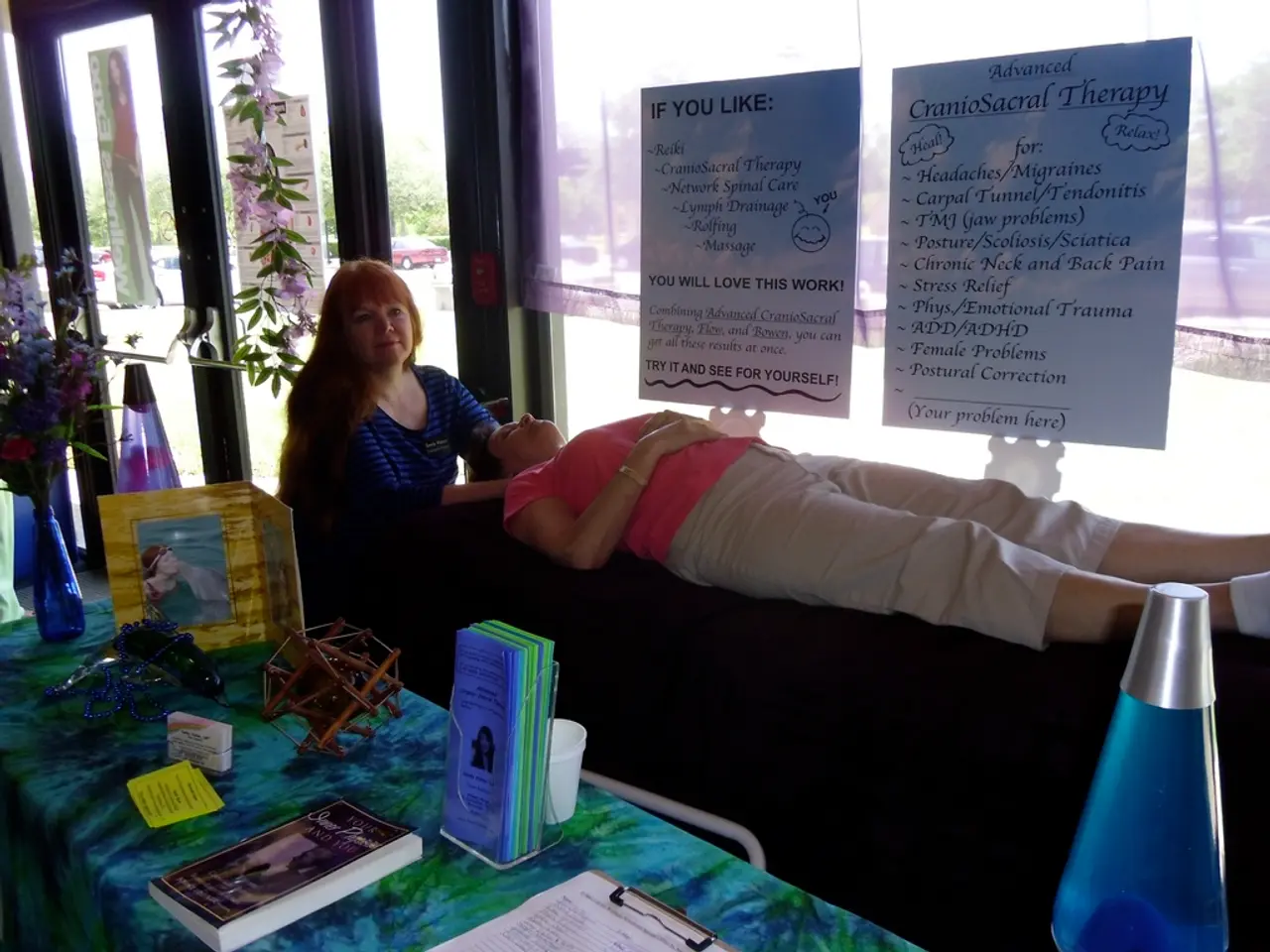Time calls for drastic mending contemporary issues
In the heart of America, a silent epidemic is taking its toll on the mental and physical health of Black Americans. This issue, known as racial battle fatigue, is the cumulative effect of prolonged exposure to racial discrimination and stress.
Racial battle fatigue has far-reaching effects, impacting various aspects of life. Chronic exposure to racial stress can lead to anxiety, depression, and feelings of hopelessness. It is also associated with metabolic syndrome, sleep problems, and inflammation, conditions that can have long-term effects on overall health and quality of life. Moreover, racial battle fatigue can affect educational and career outcomes, as individuals may struggle to thrive in environments that perpetuate racism.
Recent research highlights the critical nature of this phenomenon. Wizdom Powell, Ph.D., an associate professor of psychiatry and the director of the Health Disparities Institute at UConn Health, has been at the forefront of this research. Dr. Powell emphasises the need for a comprehensive approach to address racial battle fatigue, combining community support, education, mental health interventions, and systemic change.
Community support plays a crucial role in mitigating the effects of racial stress. Faith-based institutions, for instance, often serve as a source of mental health support for Black Americans. However, the seeds of mistrust in mental health providers are rooted in centuries of medical malice and racially biased care.
Education is another key component. Critical Race Theory is being employed to educate about systemic racism and promote critical consciousness, empowering individuals to resist and challenge racist systems. This education is particularly important in historically white institutions, where Black student leaders and individuals often face challenges while navigating anti-Black environments.
Mental health interventions are also essential. Providing access to culturally competent mental health services that acknowledge the impact of racial trauma is crucial. Psychologists of colour have long lamented the lack of racial trauma recognition in the Diagnostic and Statistical Manual of Mental Disorders and have offered solutions to address this issue.
Lastly, policy change advocacy is necessary to reduce the sources of racial battle fatigue. America, poised at a precipice of racial justice, requires more than the recognition of Juneteenth. Systems and policies should commit to radical healing and speak unapologetically to Black America's emotional wounds.
Radical healing is about naming and acknowledging America's history of weaponizing Black mental health during enslavement and beyond. It is about subjecting mental health systems and processes of care delivery to forensic examination and posing the question, "How is racism operating here?" It also means taking a critical look at the diagnostic tools used in the provision of mental healthcare.
Overall, radical healing involves a comprehensive approach that combines community support, education, mental health interventions, and systemic change to address the root causes of racial battle fatigue. This approach affirms that the emotional well-being of the nation is judged largely by the emotional well-being of people operating at its margins.
- The mental health consequences of racial battle fatigue extend beyond anxiety and depression, affecting multi-dimensional aspects of life, including physical health, education, and career outcomes.
- In the pursuit of addressing racial battle fatigue, it's crucial to recognize the historical mistrust towards mental health providers among African Americans, particularly due to centuries of medical malice and racially biased care.
- As part of a comprehensive approach, it's essential to integrate science-backed health-and-wellness interventions, such as Critical Race Theory in education, to promote critical consciousness and empower individuals to cope with and challenge systemic racism.
- Advocating for policy changes that prioritize mental health services for African Americans, provide culturally competent care, and address the systemic issues perpetuating racial battle fatigue is vital in fostering genuine racial justice and healing.








